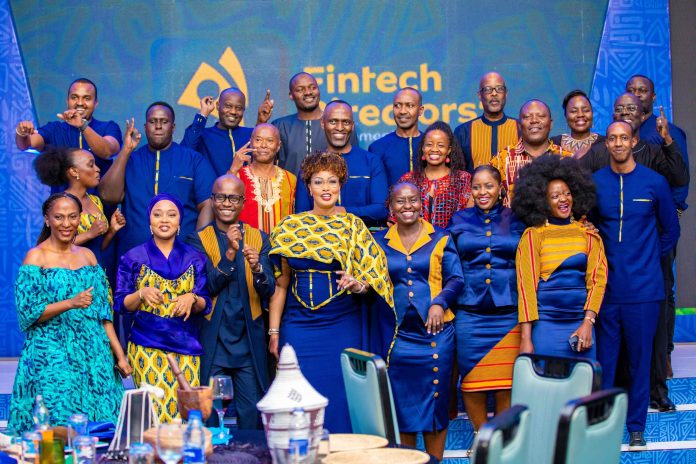Apple has officially released iOS 26, now available for iPhone 11, iPhone SE 2, and newer models. The update introduces the company’s biggest visual overhaul in years with a new Liquid Glass design, alongside major upgrades to Phone, Messages, Camera, Maps, and system-wide AI translation.
A Jump From iOS 18 to iOS 26
In a notable shift, Apple skipped several version numbers, jumping from iOS 18 to iOS 26. The move aligns iOS with other Apple platforms, iPadOS, macOS, watchOS, tvOS, and VisionOS, while also matching the calendar year most users will run the software.
Liquid Glass Redesign
Liquid Glass is the centerpiece of iOS 26, inspired by the translucent elements of Vision Pro. The interface now mimics frosted glass, with springy animations and softer iconography. Early beta testers flagged readability issues, and Apple has adjusted the design over multiple previews. More refinements are expected as the new aesthetic rolls out to millions of iPhones.
Smarter Phone App With Call Screening
The Phone app has been redesigned with a unified card-style layout for favorites, recents, and voicemails, plus the option to switch back to the classic look. The standout new feature is call screening: when an unknown number dials, iOS asks for the caller’s name and purpose before ringing. Users can monitor the transcription and choose when to pick up. Apple has also added hold assist, which alerts you when a customer service agent returns to the line.
Messages Gains Polls, Filters, and Group Features
Messages now takes cues from WhatsApp and Telegram. Users can set backgrounds for chats, create group polls, and view typing indicators in group conversations. Spam detection and filtering have been improved, with unknown senders moved into a new folder for easier sorting.
Gaming and Media Upgrades
A redesigned Games app centralizes your current titles, arcade games, achievements, and challenges, while also suggesting new releases and highlighting what friends are playing. The Preview app from macOS has finally arrived on iOS, letting users annotate, edit, and sign PDFs directly on iPhone.
Apple Music adds automixing for smoother track transitions, along with real-time lyrics translation. Maps introduces preferred routes, with notifications and alternate suggestions if traffic builds up.
Camera and Photos Updates
The Camera app has a simplified layout with Photo and Video as default options, while flash and night mode controls are now one-tap accessible. Additional settings like filters and exposure can be accessed via a swipe-up gesture. The Photos app restores tabbed navigation after user feedback on iOS 18’s redesign.
AI-Powered Features
AI plays a smaller role this year compared to the Apple Intelligence debut. System-wide live translation is now built into Messages, FaceTime, and Phone, with AirPods gaining live translation support as well. Apple Intelligence has also added on-screen context awareness, allowing you to highlight text or content and quickly create reminders, events, or searches.
Genmoji expands to let users merge emojis with text prompts, while Image Playground gains customization options like hairstyles and styles powered by generative AI.
Smaller but Useful Features
- Adjustable snooze times from 1–15 minutes.
- Digital IDs in Wallet, with improved boarding pass layouts.
- Local-only voice and video recording for podcasters and creators.
- Smarter Reminders that extract grocery lists from recipes.
- Accessibility Nutrition Labels in the App Store.
- Expanded parental controls for communications and third-party apps.
How to Get iOS 26
To download iOS 26, head to Settings > General > Software Update and install the latest release.


















